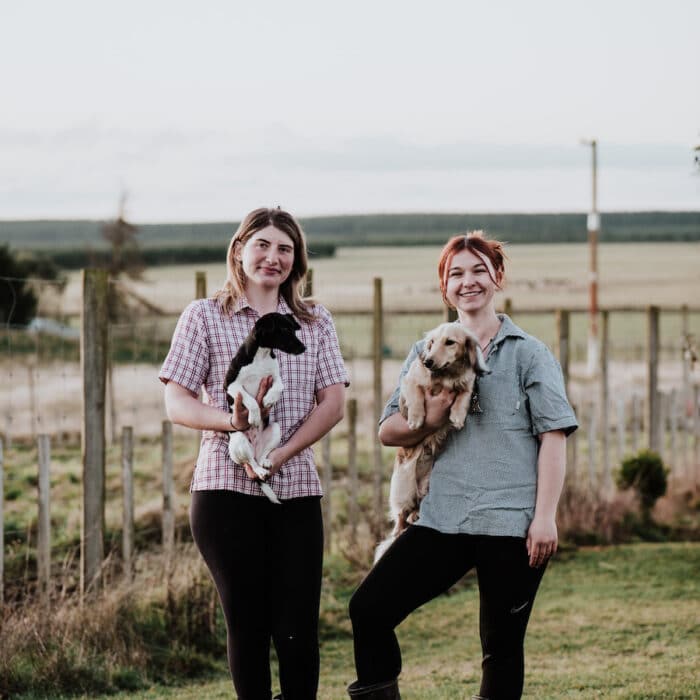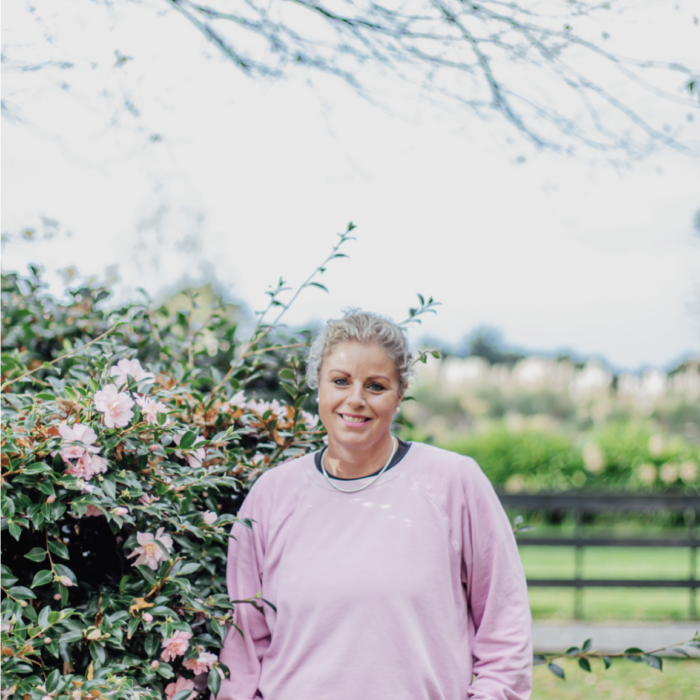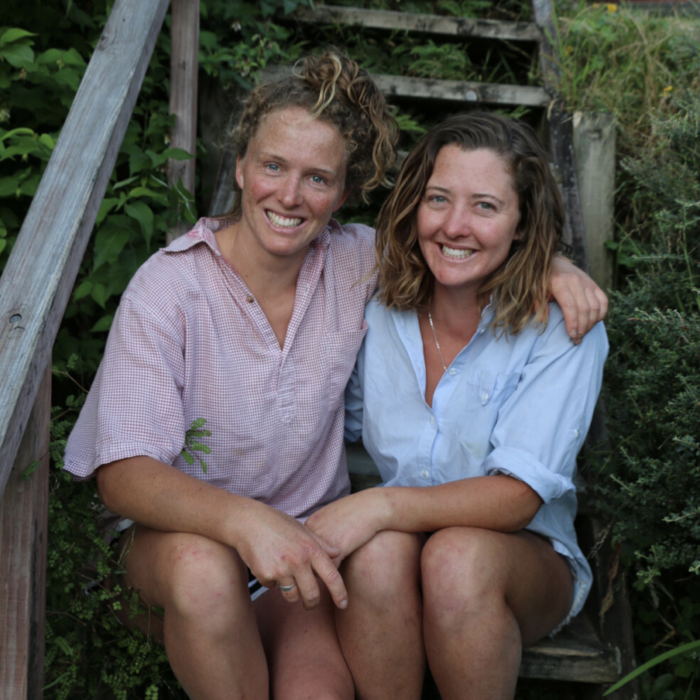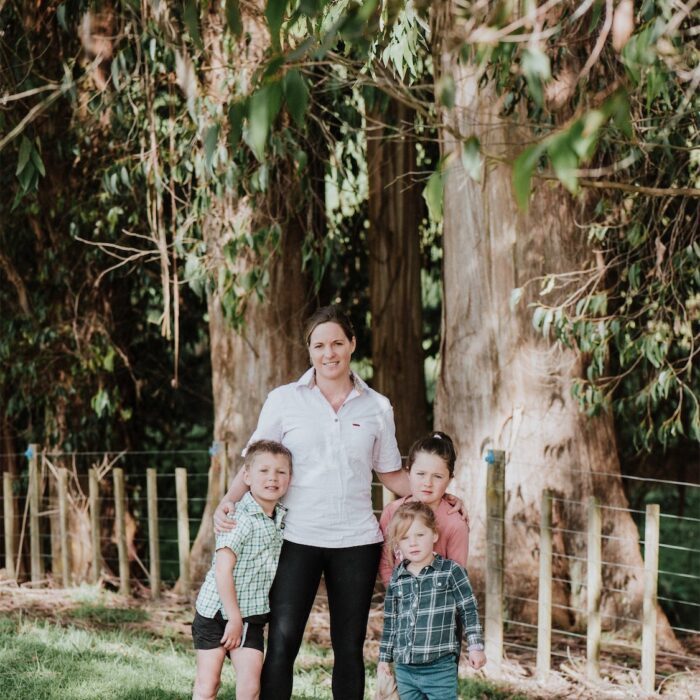
Ann: I’m originally from Scotland. I’ve been in New Zealand for ten years. We’re currently 50/50 sharemilking an 840-cow farm in Milton. What’s next for us is looking into farm ownership, probably in the next five to ten years.
Scott and I have been married for four years and we’ve got a seven-month-old baby, MacKenzie. We employ three full-time staff.
Scott: I’m originally from Balclutha, so I’ve not moved too far. After I met Ann, I spent time on a dairy farm and thoroughly enjoyed it, and then went dairy farming full-time. I’ve progressed from farm worker all the way up to sharemilking now.
Ann: We signed up to the ‘Our Resilient Farming Business’ programme as we wanted to try and make our farming business as resilient as possible and more sustainable going forward with all the new rules and regulations coming in. We wanted to find more tools that we could put in our tool box to make that happen for us and to make sure our business is always going to be profitable.
Scott: We’ve learnt to focus more on the business side of stuff, versus the day-to-day running of the staff.
Ann: To give our staff more responsibility, not telling them what to do all the time. Actually let them think for themselves, and if something goes wrong, they learn from it. We have happy staff. As they are growing and learning, each feels like a valuable member of our business, not someone who just turns up to do a job. We feel they communicate a lot better as a team. We are not always on the farm telling them what to do, so they have to discuss things among themselves. The staff front-foot things on the farm as we bring up at weekly meetings what has gone well and what hasn’t, and they are honest about it. All this has allowed Scott and I to focus on the big-picture business stuff and look at our business top-down rather than sitting inside it.
Scott: We have been able to step back a bit more and just guide the staff on how to do things. The biggest thing is to work out all their personalities, to work out what’s best for them to learn. And understanding every staff member – a key point is being able to help them grow.
Ann: And let them grow in what they actually want to grow in, whether it’s farming or not. It allows us to work outside and overview our business – rather than sitting in it. We’re looking from the top.
We’ve used tools from the programme, and it also helped us learn how we all respond when we go through challenging circumstances and how we can move on from events faster. We have learnt to focus on things we can control – such as training staff, looking after livestock and having a good understanding of our financials – and changing things when we need to, instead of worrying about what we cannot control such as the weather, interest rates, climate, etc. Even though these factors play a huge part within our business, we can’t control them so it’s so important that we put risk management tools in place to keep our business robust and sustainable.
Scott: I think the biggest thing we learned from it is that everyone’s in the same boat. And it’s really good for networking, going through that. We still catch up with quite a few people from the class. [The programme would benefit] anyone who is self-employed and has got staff.
Ann: I think there’s a lot of useful stuff in it, in fact even if you’ve not got staff; it’s a really good course for anyone to do. We’re all in the same boat as farmers, but there are tools out there, it’s just sometimes people don’t know where to find that information and help.
Scott: It’s made me look back and think, I can employ someone for $30 an hour to do the day-to-day running, but the business side of stuff, the $200–300 an hour sort of stuff, is what you actually need to concentrate on, because that’s where you can save a lot of money and help get ahead going forward, with all the new rules and regulations coming in. Ann and I have weekly business meetings with an agenda so we are on top of things coming up and making decisions regularly so we don’t see huge impacts to our business. We also have a job matrix so we know what needs to be done in the week ahead, what the impact will be if it’s not completed, or if it can be moved to another week to reduce pressure.
Ann: It’s definitely helped us get plans in place, to help us towards farm ownership and make sure it’s achievable.
Related Stories
Cecelia & Jessica
Jessica and Cecelia are best friends and bull beef finishing specialists on Rangitaiki Station, a Pāmu farm, about fifty kilometres southeast of Taupō.
What Really Matters
As a mum of two and a woman with ambition, Nicki shares some of the things she’s learnt about herself in the years she’s been balancing career and family.
Ailie & Nina
Ailie and Nina are two sisters on the cusp of returning home to Canterbury to lease their family farm, nestled in the foothills of Mount Somers.
The Power of Planning
Mum-of-three Janelle Downs, 34, packs her days with raising a family, farming, teaching and community work from her farm near Strathmore in Taranaki.
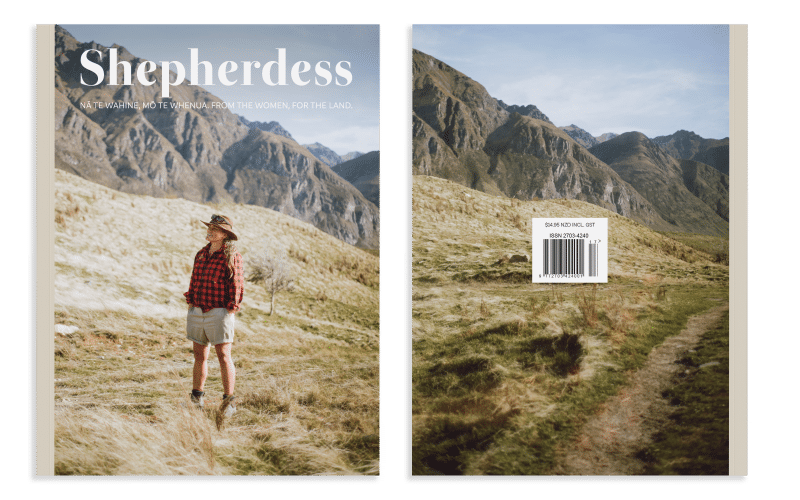
Out Now
Seventeenth Edition
Our beautiful Ngahuru Autumn 2024 Edition is out now!
